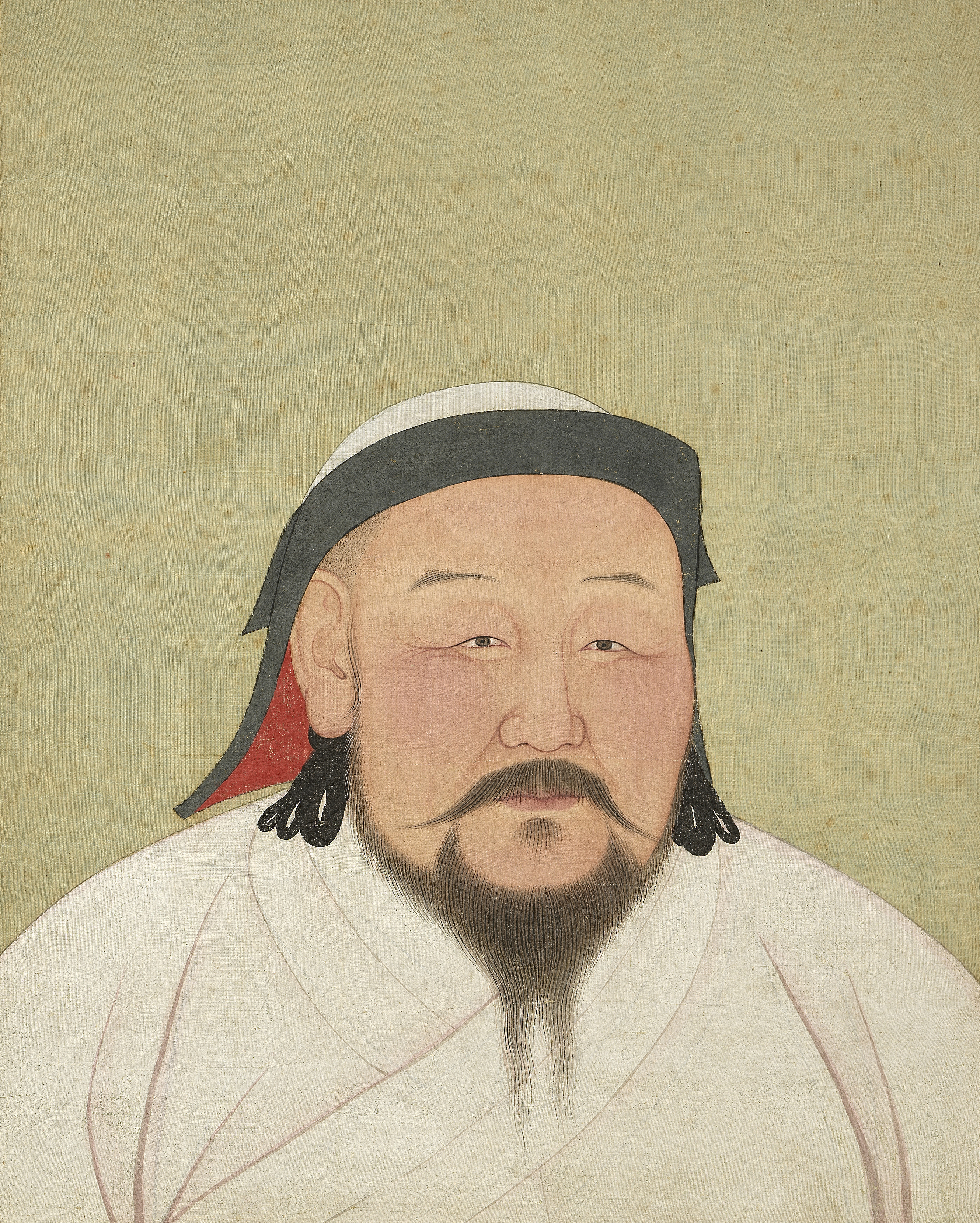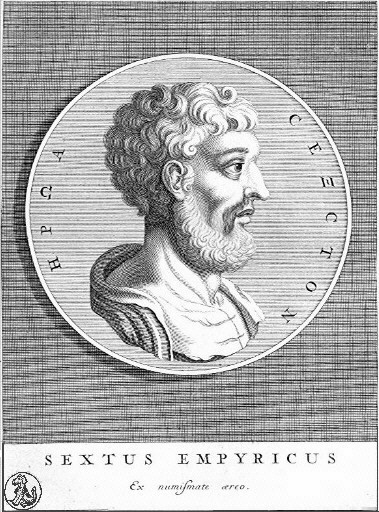I know writing my dissertation is a much more complex task than translating, but there are a number of lessons to be learned from translation. Here's a few that come to mind:
1. Translating is really careful reading.
1a. A good way to inspect a Chinese article or even book-length expository work is to translate the chapters, then the section headings, and finally the main idea sentences of paragraphs.
2. Translating Chinese literary criticism exposes the assumptions of Chinese thinking.
I'm not so sure where I'm going to go with this idea yet, but check out some examples of an article I've just begun to translate for my own purposes:
This poem was written when the poet was 42 years old; he goes through the course of a bird returning home in each of the different seasons spring, summer, fall, winter as a metaphor for the experience of his own life, from service as an official to reclusion.
My emphasis on "experience:" I'm interested in the biographical understanding of poetry, and thus the connections between history, poetry, and experience, in Chinese thinking.
The poet tends towards the free life of field and garden, producing a special feeling for birds in flight; birds seem to become his only true friends.
That's an interesting understanding that helps bridge the connection between the subject of the poem (birds) and the allegorical referent (the course of the poet's own experience; the grown and change of the poet's mind)
(Source: 略论陶渊明诗歌中的鸟、菊意象
Image of bird and chrysanthemum in Tao Yuanming's poems
<<广东青年干部学院学报>>2004年 第18卷 第01期
作者: 刘振燕,
期刊 ISSN : 1009-5446(2004)01-0087-02)
Read more...




























